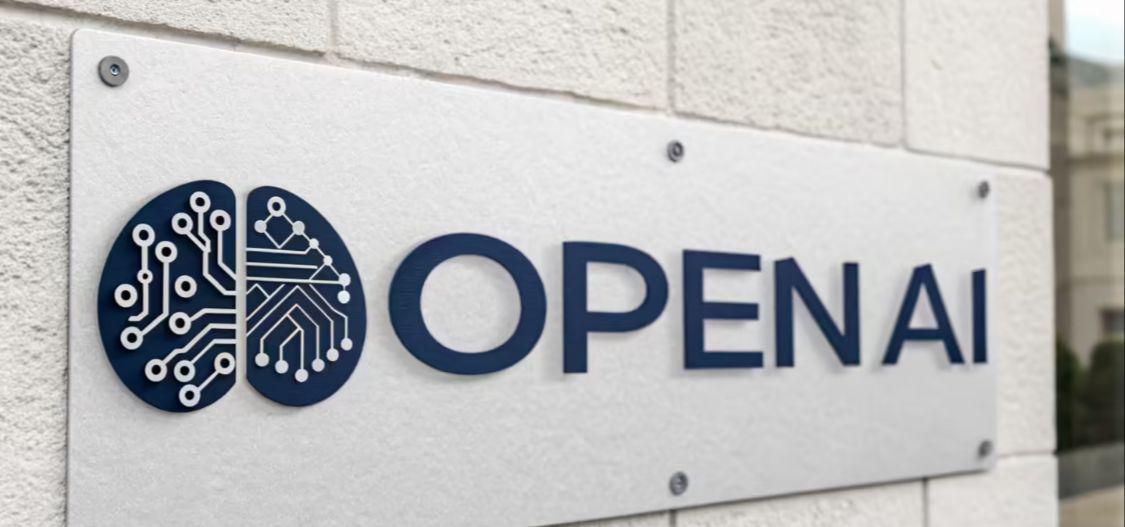December 29, 2011 - Artificial Intelligence (AI) safety legislation dedicated to advancing theNon-profit organizations Encode A friend-of-the-court brief has been filed in the District Court for the Northern District of California in support of Elon Musk's efforts to block the OpenAI Request for Injunction on Conversion to a For-Profit Corporation.

In a proposed brief filed Friday afternoon, Encode said thatThe transformation of OpenAI into a for-profit company would "undermine" its mission to "develop and deploy ...... transformative technologies in ways that are safe and beneficial to the public."
The brief reads, "Claims by OpenAI and its CEO Sam Altman that it is developing society-changing technology are claims that should be taken seriously. If the world is truly at the beginning of a new era of general-purpose artificial intelligence (AGI), then the public would prefer to have this technology controlled by a legally-bound public charity that prioritizes safety and the public interest, rather than by an organization focused on generating financial returns for a few privileged investors."
OpenAI was founded in 2015, initially as a nonprofit research lab. But as its experiments became increasingly capital-intensive, the company has since created its current hybrid structure, receiving outside investment from venture capital firms and companies including Microsoft.
Currently, OpenAI is structured so that the for-profit portion is controlled by a nonprofit organization, with investors and employees owning a "capped share" of profits. But in a recent blog post, the company said it plans to begin transforming its current for-profit component into a Delaware Public Benefit Corporation (PBC), with common stock and OpenAI's mission as its public benefit.OpenAI's nonprofit organization will continue to exist, but will relinquish control in exchange for a stake in PBC.
Musk, an early contributor to the original nonprofit entity, filed a lawsuit last November seeking an injunction to stop OpenAI's transition to a for-profit organization. He accused OpenAI of abandoning its original charitable mission of making its AI research available to all, and of anti-competitively depriving competitors, including his AI startup xAI, of funding. openAI called Musk's complaints "unfounded" and a sign of "sour grapes. OpenAI, for its part, called Musk's complaints "baseless" and a sign of "sour grapes.
Facebook's parent company and AI competitor Meta is also in favor of blocking OpenAI's transition. Last December, Meta sent a letter to California Attorney General Rob Bonta arguing that allowing the transition would have a "tremendous impact on Silicon Valley.
Encode's lawyers said OpenAI's plan to transfer control of its operations to PBC would "transform an organization that is legally bound to ensure the safety of advanced AI into an organization that is legally bound to 'balance' its consideration of any public interest with the 'the economic interests of its shareholders'."
Encode's attorneys note in their brief that, for example, OpenAI's nonprofit organization promised to stop competing with any "values-aligned, security-conscious project" that came close to building an AGI until it developed one of its own, but that as a for-profit, OpenAI's incentives to do so would have been greatly diminished (if any at all). But as a for-profit company, OpenAI's incentive to do so will be greatly diminished (if it still exists). The brief also notes that once the company has completed its reorganization, the board of directors of the non-profit OpenAI will no longer be able to remove investor equity based on security needs.
In part because of concerns that the company is prioritizing commercial products at the expense of security, OpenAI is experiencing a loss of top talent. One former employee, longtime policy researcher Miles Brundage, who left OpenAI last October, said in a series of posts on the X platform that he was concerned that OpenAI's nonprofit organization was becoming "irrelevant" so that PBC could operate like a "normal company" without having to address potential problem areas. company" without having to address potential problem areas.
Encode's brief goes on to write, "OpenAI's touted fiduciary duty to humanity would disappear, as Delaware law makes clear that PBC's directors owe no duty to the public at all. It would be detrimental to the public interest for a safety-focused, mission-bound nonprofit to hand over its control of something so transformative at any cost to a for-profit corporation with no enforceable commitment to safety."
Founded in July 2020 by high school student Sneha Revanur, 1AI understands that Encode describes itself as a network of volunteers dedicated to ensuring that the voices of millennials are heard in conversations about the impact of artificial intelligence. In addition to SB 1047, Encode has contributed to several pieces of state and federal AI legislation, including the White House's Artificial Intelligence Bill of Rights and President Joe Biden's AI Executive Order.